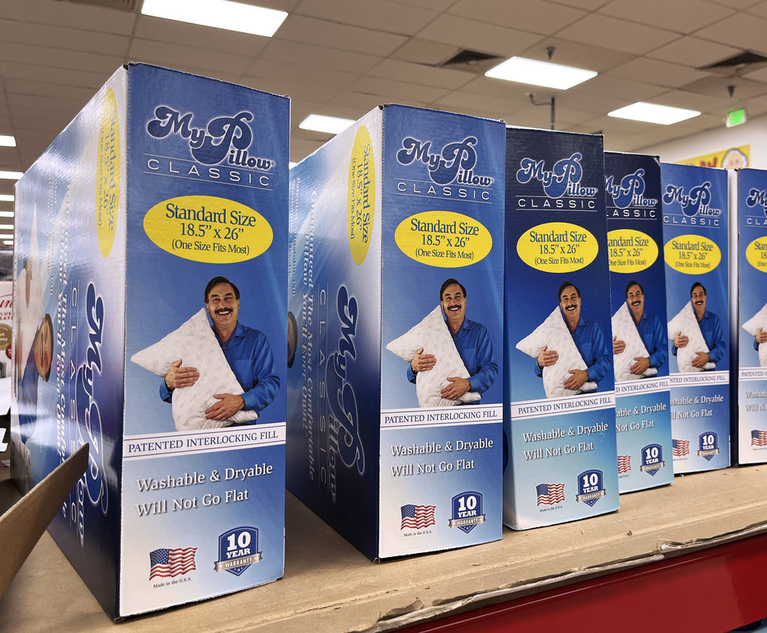Parties and witnesses in lawsuits increasingly are connected to the internet through smartphones and other devices. In 2021, the Pew Research Center estimated that 97% of all Americans owned a cell-phone, 85% owned a smartphone, and about 50% owned a tablet computer. Among other potentially crucial pieces of evidence, these mobile devices generate and store calls received and dialed, email and text messages, photos and videos, internet search history, Bluetooth pairing history, cell phone towers assessed, GPS location history, apps used, events calendared, and contacts. Evidence from mobile devices is particularly, but not exclusively, relevant in motor vehicle crash cases. The National Highway Traffic Safety Administration estimates 9% of all drivers are using their cell-phones at any given time, and the National Safety Council estimates about one in four motor vehicle crashes involve cell phone use at the time of the crash. Given the recent proliferation of mobile devices, it is no wonder that increasing numbers of cases involve some type of discovery request for data from mobile devices.
Trial courts and courts of appeals have struggled to balance the parties’ need for access to information from mobile devices with privacy concerns and the burden of producing the information, often with conflicting and inconsistent results. In December, the Texas Supreme Court bought some clarity and uniformity to the analysis when it decided In re Kuraray. In the wake of Kuraray, parties can no longer obtain broad, untargeted cell phone data right out of the gate. Parties must first satisfy a two-step process before obtaining broad access to cell phone data.
This content has been archived. It is available through our partners, LexisNexis® and Bloomberg Law.
To view this content, please continue to their sites.
Not a Lexis Subscriber?
Subscribe Now
Not a Bloomberg Law Subscriber?
Subscribe Now
LexisNexis® and Bloomberg Law are third party online distributors of the broad collection of current and archived versions of ALM's legal news publications. LexisNexis® and Bloomberg Law customers are able to access and use ALM's content, including content from the National Law Journal, The American Lawyer, Legaltech News, The New York Law Journal, and Corporate Counsel, as well as other sources of legal information.
For questions call 1-877-256-2472 or contact us at [email protected]


 Credit: Tero Vesalainen/Shutterstock
Credit: Tero Vesalainen/Shutterstock




